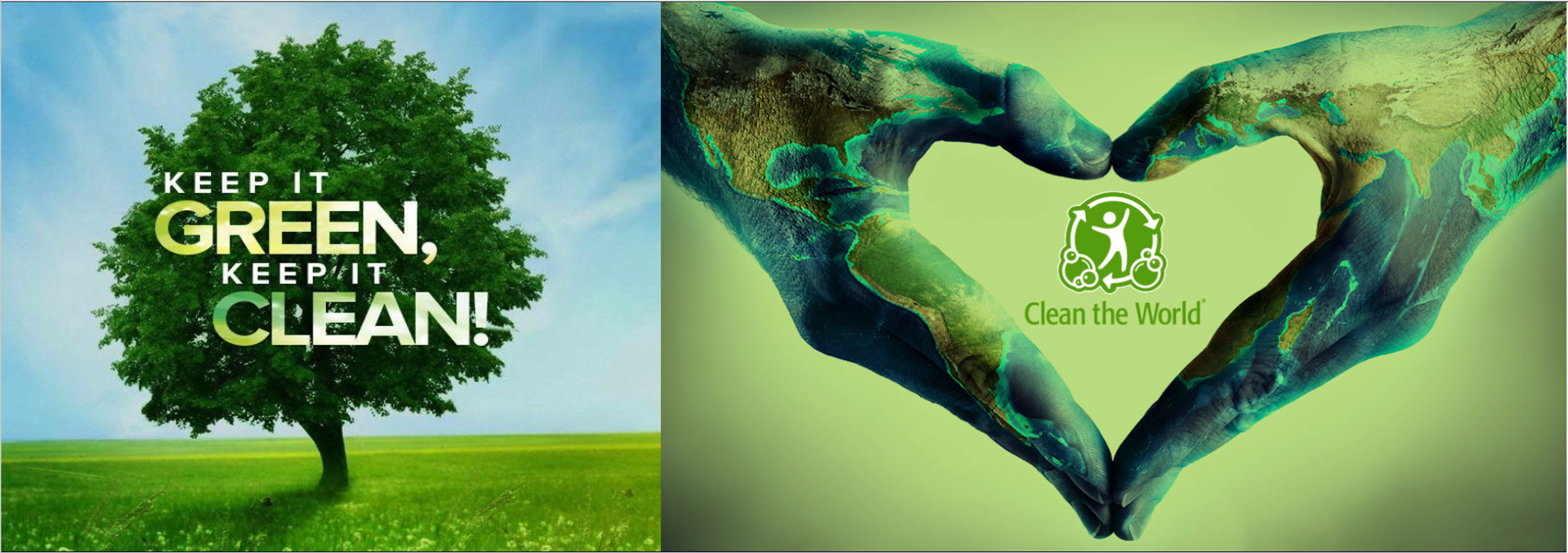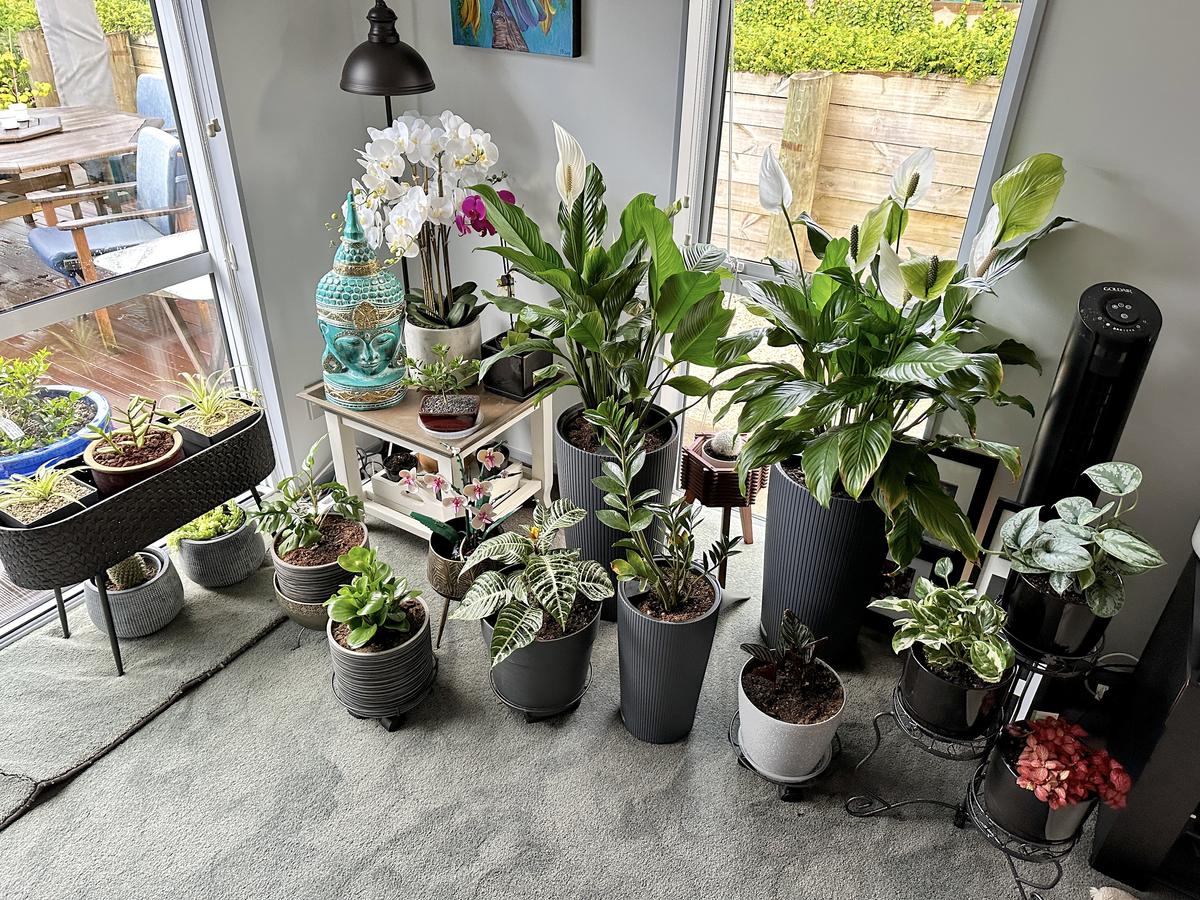The Green Page:

The Biophilia Paradox
by Clive Thomson
We need exposure to nature — but nature doesn’t need exposure to us.
Those two plants above?
In my adult life, they’re the only plants I have succeeded in not killing.
I got them a few years ago from “Horti,” a plant subscription company. We start you off with succulents, stuff that’s hard to kill,” one of the company founders assured me.
As it turns out, I killed the succulent.
But these other two? Them, I kept alive! In fact, I’ve had them for four years now, and with careful regular watering, some occasional dusting, and the trimming of dead branches, they’ve continued to grow and sprout new shoots. Every time I go into the kitchen, they provide a lovely jolt to the soul.
A while back, I spoke to a guy who’d been mildly depressed and listless — until he started filling his house with plants. Eventually, he had over 120 stuffed into his place, and he loved the routine that the weekly watering imposed on his life. He also noticed that his funk lifted. “It’s like I had a new purpose, and these plants were part of that purpose,” he said.
Why exactly do plants have this effect on so many people?
Because of “biophilia” — humanity’s deep-seated affinity for nature. We truly need exposure to it.
The paradox is that nature may not need exposure to us.
Philosophers have noticed the profound pleasure we get from being around nature for centuries. In 1984 the American biologist E.O. Wilson brought the concept mainstream with his book Biophilia.
Since then, plenty of academic work has backed up the weird power that exposure to nature has on us. Researchers have found that people in hospitals heal faster when they have views of nature. Kids learn better when exposed to nature during school hours because it sharpens their attention and lowers their stress (among other benefits).
Studies have also found that people come up with more creative solutions to challenges after a short walk in the park. This is just the tip of the iceberg; there’s now a pile of work in this field.
It’s not totally clear why and how nature has this sort of effect, but I’ve been thinking a lot about nature's psychic and psychological power as I cross the country on my coast-to-coast bike ride. When I’m deep out in the countryside, the vistas of nature can be heart-stoppingly gorgeous.
Many biophilia experts argue that humanity desperately needs more exposure to nature. We’ve built an industrialized world where Americans spend as much as 90 per cent of our time indoors. Maybe we so messed up the environment because we stopped being around it.
The problem is that while we moderns desperately need exposure to nature, it sure doesn’t need exposure to us.
Quite the contrary: Industrialized humanity has been a nightmare for the natural world. In our quest for raw materials, we’ve dug mines that toxify some of the most beautiful parts of the planet. In our quest for mass-produced food, we’ve clear-cut forests and mono-cropped vast areas of the countryside. And last but not least, in our hunger for cheap energy, we’ve produced so many emissions that it’s transforming the planet’s climate — melting the polar ice caps, killing off coral reefs, and more. Meanwhile, suburban and exurban sprawl pushes yet more pollution and pavement into the historic preserves of the wild.
It’s quite an irony. We need nature, but it doesn't need us. In fact, it’s the opposite: If humanity were to vanish tomorrow, the remaining plants and animals would set about rapidly reclaiming all the asphalted-over world we’ve created. They’d have zero problems with us being gone!
As the early-20th-century writer Sarah Teasdale put it in the final lines of her spooky poem, “There Will Come Soft Rains” …
Not one would mind, neither bird nor tree
If mankind perished utterly;
And Spring herself, when she woke at dawn,
Would scarcely know that we were gone.
Realistically, we need to split the difference.
We humans should be living a little more densely to give nature more space away from us. Meanwhile, to satisfy our biophilia, we should be designing more nature into these denser human environments — using more street plants to town parks to “living walls” on houses, and buildings that use more natural materials.
We need plants close to us — and far away from us. That’s the biophilia paradox.
My Story:
During Covid-19 Lockdown, there were a couple of positives. I wrote last week about our daily walks during this time. My wife and I walked through Waikumete Cemetary most days and noticed a marked increase in the number of Tui we saw and heard over time. These birds brought us much joy - and as last week's article shared, this is scientifically good for our minds and soul.
The second positive was we developed a passion for indoor plants. We ordered a number online, and we propagated quite a few as well. We now have over 50 indoors and a similar number in outdoor pots.
I can categorically attest that they bring us great joy - every day. Caring for them is like caring for our family - though generally much easier. They don't complain or ask for much, and our Z plants actively purify the air for us. Pretty much my biggest challenge is not to overwater them.




